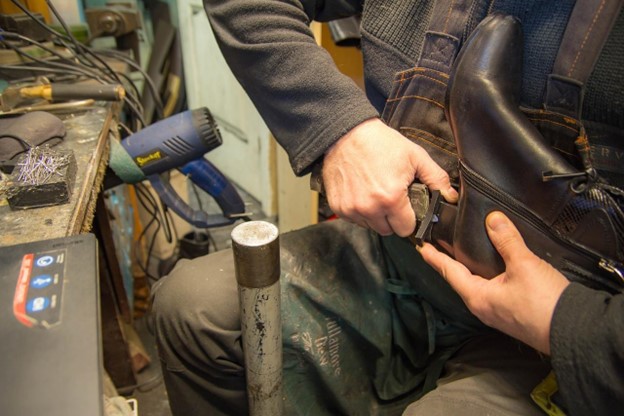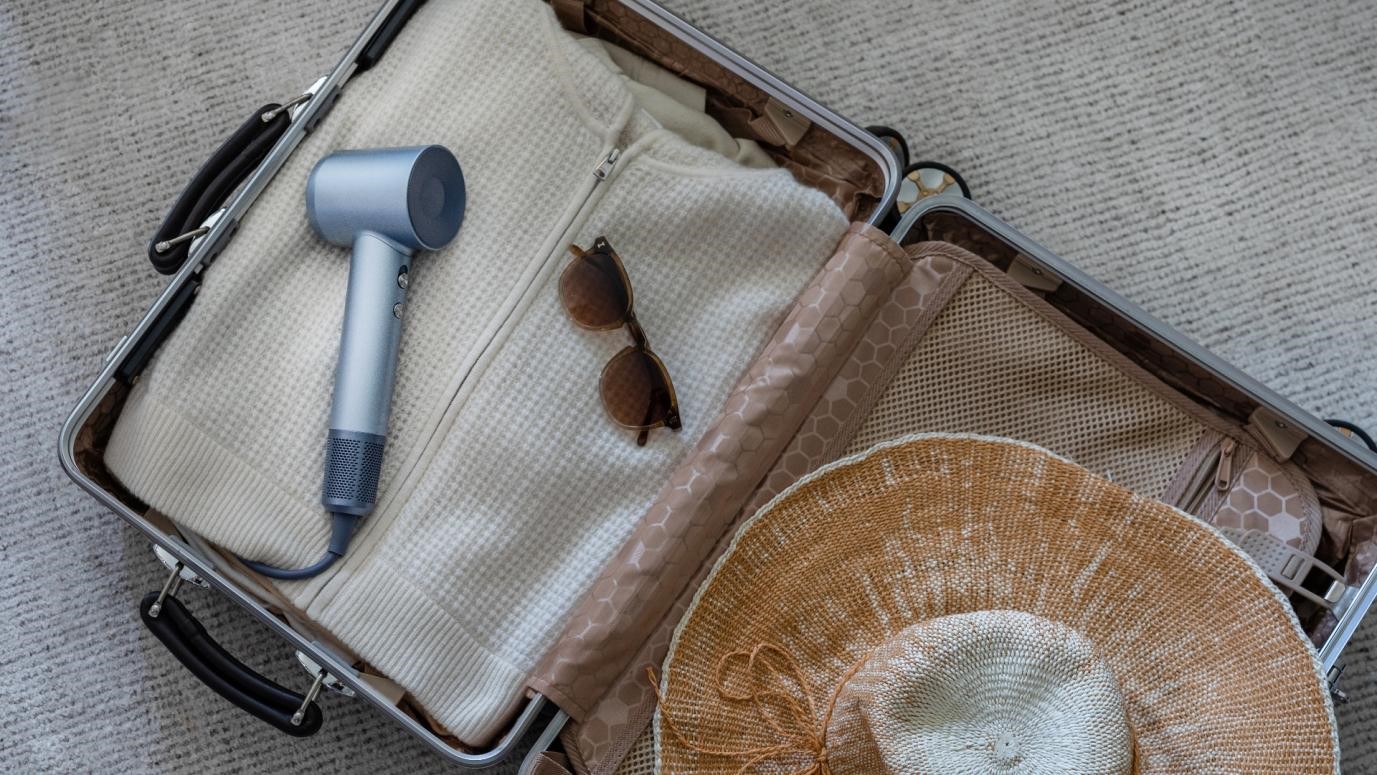It’s the first day of your long-awaited trip and you can’t wait to start exploring and posting Instagram photos in front of famous landmarks, and that idyllic waterfall you’ve read about. But a suspicious sore spot on your chin has bloomed overnight into a full and grotesque pimple and the bumpy, irritated skin around it is promising more to come. Why does this always seem to happen at the worst time? Just when we want to look as great as we feel about exploring a new place, or visiting friends and family we haven’t seen for a while, or meeting new people?
Why does skin always seem to have a bad breakout during travel?
Skin’s Response to Stress
Being on a vacation, a trip back to your hometown, or even business travel to a new location can be a lot of fun and very exciting. However, that fun generally follows immediately after a very stressful period of travel planning, arrangement-making, packing, navigating airport baggage checks, security checkpoint lines, and long flights confined in a tiny seat. All of this means several days of accumulating stress. And stress means overproduction of cortisol—the stress hormone. Stress is the biggest cause of breakouts during travel.
Among other negative effects, cortisol signals the production of oils in the skin of your face, and sometimes your back and shoulders as well. Oil production is triggered as a result of skin dehydration which occurs with the overproduction of cortisol. Your skin tries to promote a stronger barrier in order to seal inside the remaining hydration, and it does this with protective oils. Unfortunately, the combination of water loss in the skin cells and production of oily sebum results in inflamed, irritated skin is likely to cause a breakout.
While there is no way to avoid stress completely, it helps to schedule an early morning flight. Airports are not as busy during early morning hours, and it may also help you to catch a nice nap during your flight, which effectively lowers stress levels.
It’s also important to prepare your skin for a trip by drinking plenty of water and using a hydrating moisturizer, such as one with hyaluronic acid to help your skin to retain hydration. Hyaluronic acid can actually help your skin to absorb moisture from the hair to stay moisturized.
The effects of the cortisol stress response can also be minimized by using a good facial toner upon your arrival. Toners containing witch hazel will effectively open pores to aid in washing away oily buildup. Follow up with a good hydrating moisturizer, applied after your toner.
CBD products like CBD Oil can also help soothe stress. According to health experts, CBD oil is a natural way to reduce the daily stress. There are also now CBD in topical form that can apply directly to skin. More details about CBD can be read at AllbestCBDoil.com. You can also check out on this portal the CBD reviews from trusted experts.
Poor Plane Air Quality
Airplanes have notoriously bad air quality. Humidity levels tend to be about 10 to 20 percent lower on a plane than in typical air outside of the plane. This is yet another reason your skin may go into oil production over-drive in response. You can minimize this effect by spritzing your face with a hydrating mist or plain water and then sealing it in with an effective moisturizer before boarding the plane.
Be sure to drink plenty of water before, during, and after the process of air travel to keep your body well hydrated.
Jet Lag Lax
Skincare regimens tend to become lax during travel. Jet lag, time zone changes, and a busy schedule—not to mention the inconvenience of packing your products—can all lead to missed or skipped steps in your normal skincare routine, resulting in product buildup which can lead to clogged pores and dull dry skin, all of which leads to breakouts. Try to find your products or close facsimiles in travel-size options for your trip so you will be more likely to take the time to take care of your skin.
Food Fight
Eating habits also change during travel. First, there tends to be junk food during the rush of traveling, and later, lots of eating—and drinking—in restaurants with spicy, greasy foods that can wreak havoc not only on your diet but also on your skin. Skin cells fight back by producing protective oils.
We also tend to be more likely to say yes to desserts while enjoying travel—and we deserve it! However, sugar and rich desserts may contribute to more skin breakouts.
It may be helpful to top off your makeup with a good setting powder during trips, even if it isn’t something you normally wear. Setting powder absorbs the extra oils your skin may produce during travel and can be purchased at any drugstore if you don’t have any of your own in your travel case.
Travel Climate Change
Some skin breakouts during travel can be the result of experiencing new climates. If you are traveling from the north to the deep south, for example, your skin is suddenly entering unfamiliar humidity and may react accordingly. The same effects may be experienced by suddenly entering cold, dry climates, windy beaches, and other environments. Be sure to protect your skin from sudden weather changes by using SPF sunscreen protection and a good daily moisturizer.
Don’t forget to also protect your lips from sudden weather conditions and environmental changes by using a good, protective lip balm or moisturizing chapstick.
Recuperation Process
When you return from traveling, it’s important to give your skin the extra time and attention it needs to recuperate from the stress inflicted on it during your trip. You can help it to heal, repair, and be replenished by gently exfoliating to remove dull, dead skin cells and encourage cell regeneration. Follow this with a healing toner, such as toners with antioxidants from botanicals like green tea and rose hips for cell repair. If you use a serum, now is the time to treat your skin to it’s nourishing benefits before sealing it all in with a good moisturizer to promote a healthy skin barrier.
Your skin may recuperate faster than you do!








Add Comment